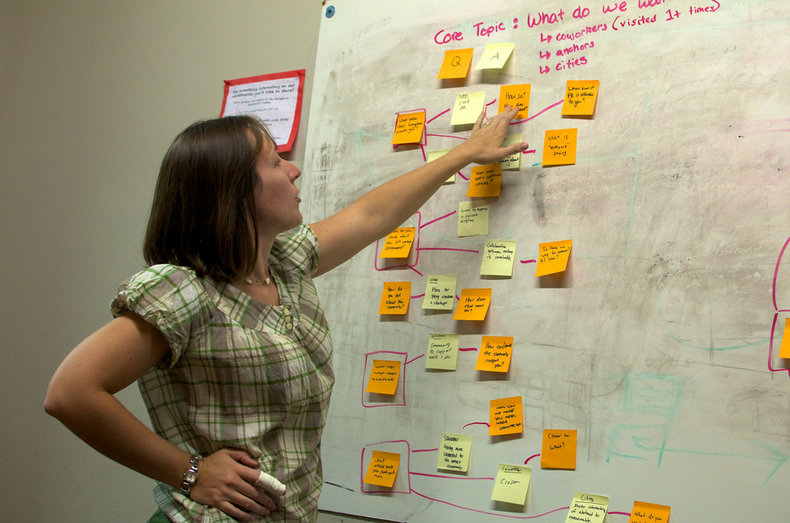
Search
Searching for information from a variety of sources. For example, a research and development program that begins by searching for information about new lightweight materials that may be incorporated into a baseball bat design.Source Validation
Evaluating the reliability of information sources. For example, a doctor who searches for recent studies related to a disease who discards several studies as being low quality.Information Gathering
Obtaining information from people such as a requirements gathering process that asks stakeholders of a project for their requirements.Original Research
The process of developing new knowledge in areas where things are unknown such as an experiment designed to test the disinfectant qualities of a relatively rare plant oil.Aggregation
Bringing together information from different sources. For example, compiling a database that includes both air quality and health related data for hundreds of major cities. This may be used to search for correlations between air quality and various diseases as a type of exploratory research.Mapping
Developing a mapping that can be used to standardize disparate information sources. For example, air quality data that is reported in different ways by different regions that can be mapped to a standard format for a unified analysis.Categorization
Developing a system of categorization for information such as a method for categorizing customer complaints into one of 12 categories that can be used to visualize complaint data in a report.Modeling
Developing a structure for information such as a multilevel categorization of customers into groups such as business and consumers with subcategories under each. This can be used to develop reports such as a detailed breakdown of revenue growth by customer type.Summary
Developing summaries from long form information. For example, stating the main findings of a 100 page study in a sentence.Interpretation
Applying rational thought to information to offer an opinion using techniques such as inference, deduction, critical thinking, counterfactual thinking, convergent thinking, divergent thinking, systems thinking and design thinking.Information Analysis vs Data Analysis
Information is a representation of data at the cognitive level. In other words, information is data designed to be interpreted by a person. As such, the term information analysis implies the application of human talent including fundamental abilities such as full comprehension of a natural language. Data analysis implies working with technologies to model, import, integrate, cleanse and process data. This may result in artifacts for human consumption such as visualization of the correlation between two variables.| Overview: Information Analysis | ||
Type | ||
Definition | The systematic process of discovering and interpreting information. | |
Related Concepts | ||





























